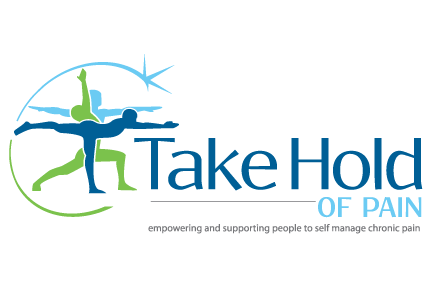I remember when I was in school we would need to
line up from tallest to smallest in preparation for school photos. This was so
we could march out to the photo area and be arranged in a perfect way, tallies
at the back, shorties in the front. I was always towards the end of the line
and I often competed with one of my best friends. She was very annoyed when I
“grew” 3cm after my back surgery and I became one of the tallest. As kids, we
would compare ourselves in this way and it was pretty easy. It was even nice to
get that quick visual idea of where everyone was at in that moment in time. There
was no judging involved it was just a fact. I’m taller than you are.
As an adult, I have realised when I compare myself
to others, it can lead to feelings of despair. Here is how... Lately, I have
been reading and listening to podcasts from famous entrepreneurs or about
building a business or following very successful bloggers/health advocates. It
has been inspiring and I have gleamed a number of red hot ideas worth pursuing.
But then I get into compare mode...she has so many more followers than me, that
website looks so great, that persons sells an amazing volume of products. And
in the process of this comparing, self doubt and negative self talk will creep
in. I could never do that, where do they find the time to do that, I’m not
smart enough, confident enough...and this comparing is not helpful. These people I am
comparing myself to, they haven’t just landed in their success overnight. It’s been
hard work and a journey. I am just starting my journey so I need to just focus
on the small (and achievable) steps. It’s worth remembering too that we always
put the best bits of ourselves forward in social situations or on social media.
People often reserve their struggles and vulnerability for behind closed doors.
So a comparison might only even be to the best version of someone else, not a
true representation (think the “air-brushed” beauty versus the face in the
mirror first thing in the morning!). Again, not helpful and not realistic. What
I need to do is be mindful of these thoughts and the most important thing for
me to acknowledge right now is that everyone is at a difference place in their
respective wellness or business journeys.
And I even realised that often I compare myself to
myself. If I am feeling low, unmotivated, sick or in pain I will often compare
my activity levels, enthusiasm or mood to periods when I was feeling great. Or
it might even be that I will compare myself at this moment with the “me” I
would like to be (we all have that dream version of ourselves that never puts a
foot wrong and is always a picture of perfection...don’t we?). This comparison
also brings despair. I am not as motivated as I was last week; I am not as
mentally clear as I was yesterday. There is an important lesson from Buddhism
that I need to recall in these moments, impermanence. Not to hold on to an
image or a comparative version of myself, let it go. She is long gone. I am changing
in each moment.
So, comparing as a benchmark for setting goals and
aspirations is helpful. Comparing to bring myself down and beat myself up is
not. I am going to make a commitment to ditch comparison. Are you with me? I will not compare myself to others because we
are all different. We each have our own unique array of skills, challenges,
backgrounds and support structures. I want to be happy with who I am and what I
have achieved. I want to celebrate the successes of others and support those
facing challenges. But I want to do this without comparing to my own situation.
I will also stop comparing myself with myself. I am me at this point in time.
Right now, in this moment, I might be sick or I might be feeling awesome and
that is ok.
How do you compare? Is it helpful?
Photo credits to my 6 year old...not bad!

